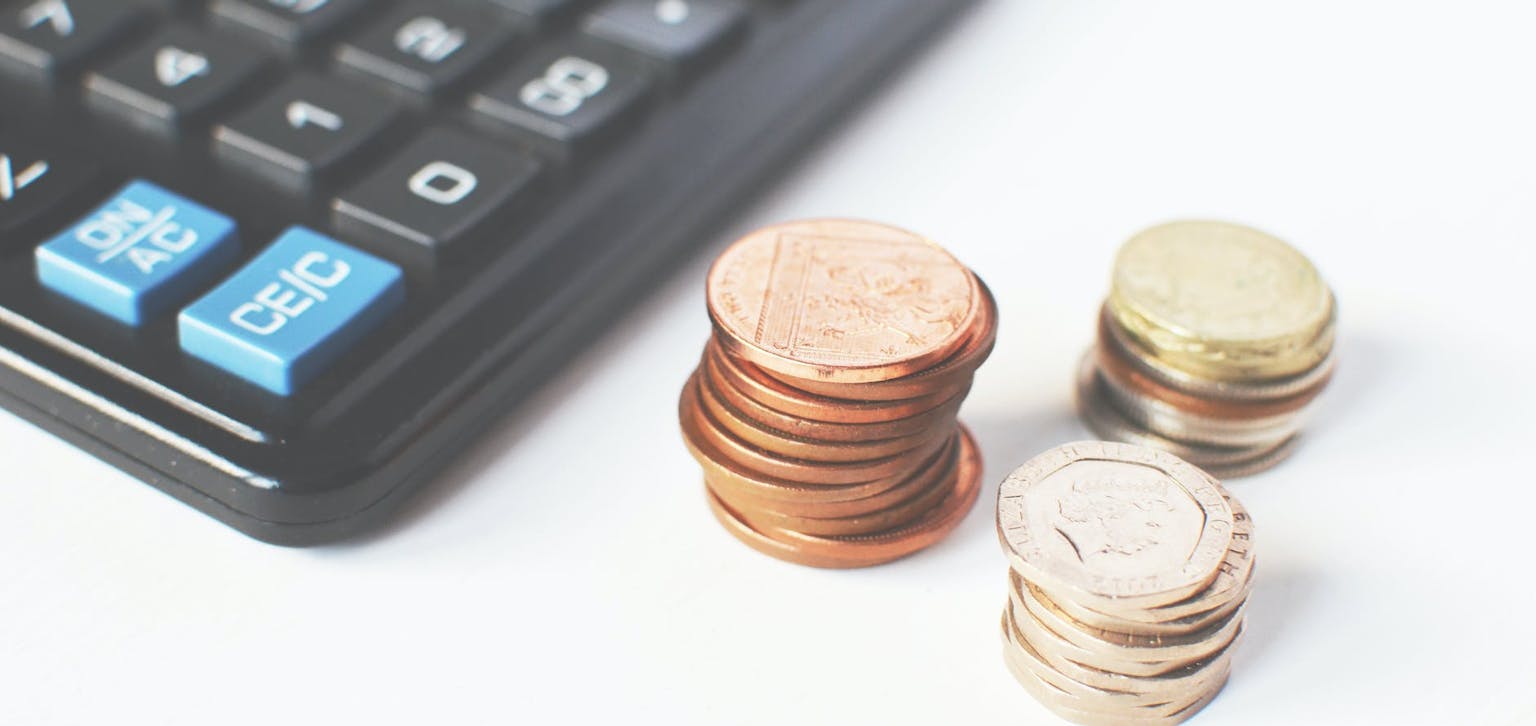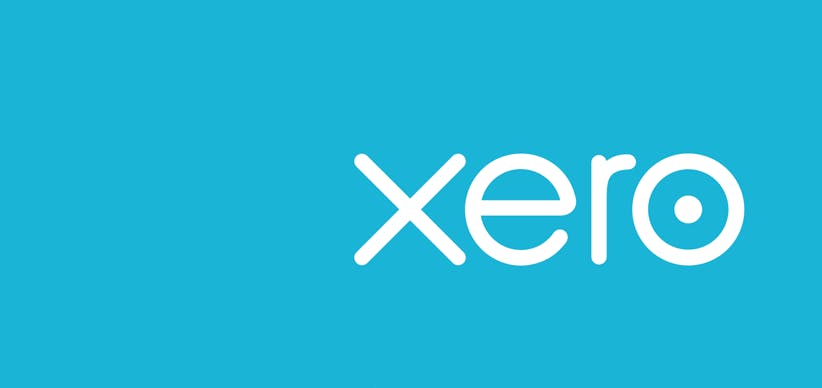When you submit your personal self-assessment tax return, HMRC may ask you to make something called payments on account. This can feel confusing - you’ve just calculated your tax bill, and now you’re being asked to pay extra towards next year’s bill, which hasn’t even been finalised yet.
Here’s how it works.
When Do Payments on Account Apply?
You’ll be asked to make payments on account if:
- Your tax bill for the year is over £1,000, and;
- Less than 80% of your tax has already been collected at source (e.g. through PAYE).
Most people affected are self-employed or have other untaxed income. If most of your income is taxed at source - for example, through an employer - you won’t need to make payments on account.
How Are Payments on Account Calculated?
Payments on account are based on your previous year’s tax bill and split into two equal instalments:
- First Payment: due by 31st January.
- Second Payment: due by 31st July.
Let’s take a simple example:
You submit your return for the 2024/25 tax year and your tax bill is £5,000. If all of your income was from self-employment, none of it will have been taxed at source — so HMRC will ask you to make payments on account for the following year (2025/26).
Here’s how that would look.
By 31st January 2026, you’ll need to pay:
- £5,000 for your 2024/25 tax bill.
- £2,500 as your first payment on account for 2025/26.
→ Total due: £7,500
By 31st July 2026, you’ll need to pay:
- £2,500 as your second payment on account for 2025/26.
When you come to submit your 2025/26 return, you’ll have already paid £5,000 towards it. If your actual tax bill for that year turns out to be £6,000, you’ll owe the remaining £1,000 - plus new payments on account for the following year.
What If Your Tax Bill Changes?
If your tax bill is lower than the previous year, you may be due a rebate - though this depends on your overall situation.
You can also request to reduce your payments on account if you expect your income to fall. For example, if you’re moving from self-employment into employment, you can estimate your new liability and submit a request to HMRC.
Just be cautious: if you reduce your payments and end up owing more than expected, HMRC may charge interest on the shortfall - and they’ve been applying this more frequently in recent years.
You’ll never be asked to increase your payments on account, even if you expect your tax bill to rise.
Questions?
If you’re unsure whether payments on account apply to you, or want help estimating your future liability, feel free to get in touch. We’ll help you plan ahead and avoid any surprises.
All figures correct as of 20 November 2025.



